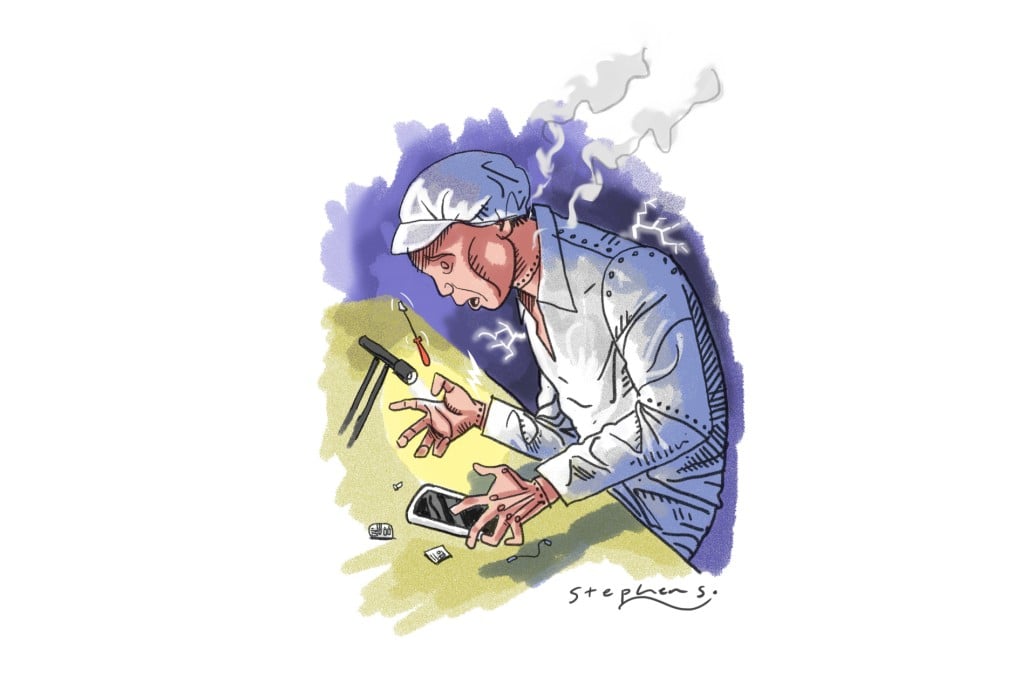The grim reality of China's migrant factory workers
Lijia Zhang says more urgent measures are needed to help desperate migrant factory workers avoid the severe depression and frustration that has taken a deadly toll

Shortly before midnight on September 30 this year, a 24-year-old worker named Xu Lizhi jumped to his death from the 17th floor of a Shenzhen residential building that belonged to his employer Foxconn. His death was the latest in a string of suicides beginning in 2010, when the giant electronics manufacturer gained worldwide notoriety with news that 18 of its workers had attempted suicide that year, with 14 deaths.
Xu Lizhi's death sparked greater sadness and sympathy in me personally; being a former factory worker of many years with literary aspirations, I felt a spiritual connection with the boy when I read that he wasn't just another migrant, but also a talented poet.
Like poet Sylvia Plath, Xu anticipated his own death. In his last poem entitled On My Death Bed (translation here by Libcom.org possibly penned hours before he took his own life, he bid his farewell to the world.
I want to touch the sky, feel that blueness so light,
But I can't do any of this, so I'm leaving this world.
…